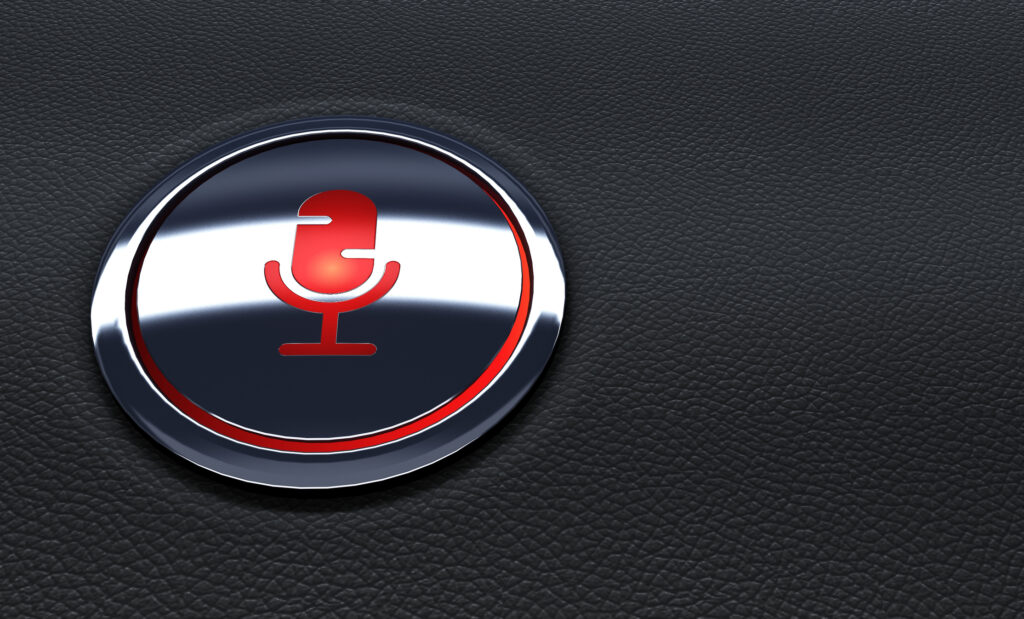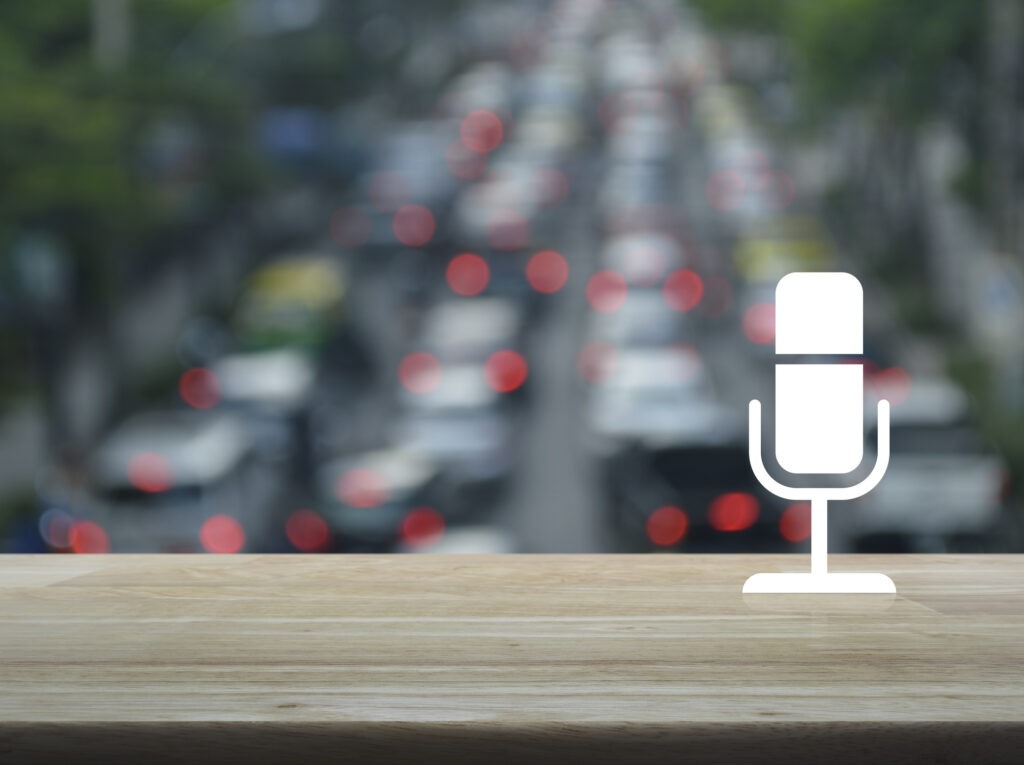The Automotive Update: Chinese carmakers challenge EU tariff plans
24 January 2025

Chinese carmakers challenge EU import duties, Trump’s potential tariffs, and automotive suppliers announced thousands of job cuts in 2024. Phil Curry, Autovista24 special content editor, reviews this week’s major automotive stories.
There was more tariff tension for the automotive market this week. Chinese carmakers challenged the EU’s import duties on battery-electric vehicles (BEVs). At the same time, the possibility of subsidies for BEVs on an EU-wide scale has been mooted.
Across the Atlantic, the Trump administration could impose US import tariffs, potentially increasing costs for carmakers. Meanwhile, European industry association CLEPA, released details on the impact of rising costs for automotive suppliers, including job losses.
Subscribe to the Autovista24 podcast and listen to previous episodes on Spotify, Apple and Amazon Music.
Chinese carmakers tariff battle
Chinese automotive manufacturers BYD, Geely, and SAIC have challenged the EU’s import tariffs on BEVs built in China. This follows the confirmation of definitive countervailing duties announced back in October 2024. Under the import rules, BYD could face total tariffs of 27%, Geely 28.8% and SAIC, 45.3%.
According to Reuters, the three carmakers have submitted a challenge to the Court of Justice of the European Union. Filings show the carmakers lodged their complaints at the General Court a day before a deadline to do so.
The China Chamber of Commerce for Import and Export of Machinery and Electronic Products also filed a complaint. The Chinese Chamber of Commerce to the EU urged Beijing and Brussels to negotiate a compromise to avoid tariffs being applied to BEV imports.
EU subsidies for BEVs?
The European Commission is considering pan-EU subsidies to boost demand for electric vehicles (EVs). Teresa Ribera, executive vice-president of the European Commission, told the Financial Times at the World Economic Forum that officials are ‘shaping’ options for an incentive programme.
Conforming to World Trade Organisation rules while supporting the local automotive industry will be a major challenge. As reported by Bloomberg, German Chancellor Olaf Scholz said that pragmatic solutions were needed, not ideological ones.
‘I am delighted that the president of the Commission has now taken up my proposal for harmonised Europe-wide purchase premiums for electric vehicles,’ he commented.
Trump tariff threat
Following Donald Trump’s inauguration on 20 January, the possibility of tariffs on imports from China, Canada and Mexico has increased. Proposed duties were not imposed on his first day in office. However, Trump directed federal agencies to evaluate US trade relations with these markets.
Volkswagen (VW) warned against the ‘harmful economic impact’ of proposed tariffs on imports from Mexico, where it operates a major factory. The brand is not alone, according to Reuters. Audi, BMW, Nissan, Kia, Mazda, Stellantis, and Toyota all have plants in the country, with import channels to the US.
The imposition of tariffs could create financial headaches for these carmakers. Despite previously promising tariffs on China, Trump did not target the country in his inauguration speech, or immediately impose duties.
Supplier job cuts increase
In a recent editorial, Matthias Zink, president of the European suppliers association CLEPA, acknowledged a difficult 2024 for businesses. The sector has seen issues with increasingly fierce global competition, depressed volumes and overall weak demand for EVs.
On top of this, he noted that energy costs have shot up, access to raw materials remains critical, and the industry’s investments in new technologies did not yield the appropriate returns.
CLEPA’s Pulse Check survey and Data Digest revealed that 65% of companies are struggling to maintain profit margins above 5%. Additionally, over 54,000 jobs were lost in 2024, with impacts continuing over the next two to five years.
‘We see automotive suppliers and the European economy at a crossroads in 2025. As our industry undergoes its transformation, we need appealing business conditions and clear pathways to achieve our goals,’ Zink wrote.
‘This means having regulations that welcome all technologies, cut down on foreign dependence, and help us reach climate targets faster. All of this, while facing increasing uncertainty in global politics,’ he concluded.
Advanced driver systems at Rivian
Rivian CEO RJ Scaringe confirmed plans to launch an advanced hands-free driver assistance system this year. After this, an ‘eyes-off’ system can be expected in 2026.
An advanced driver-assistance system that enables drivers to take their hands off the wheel and eyes off the road will add an ‘enormous amount of value to customers,’ Scaringe said. These systems would give drivers their ‘time back,’ with the ability to use phones, write emails or read books behind the wheel.




